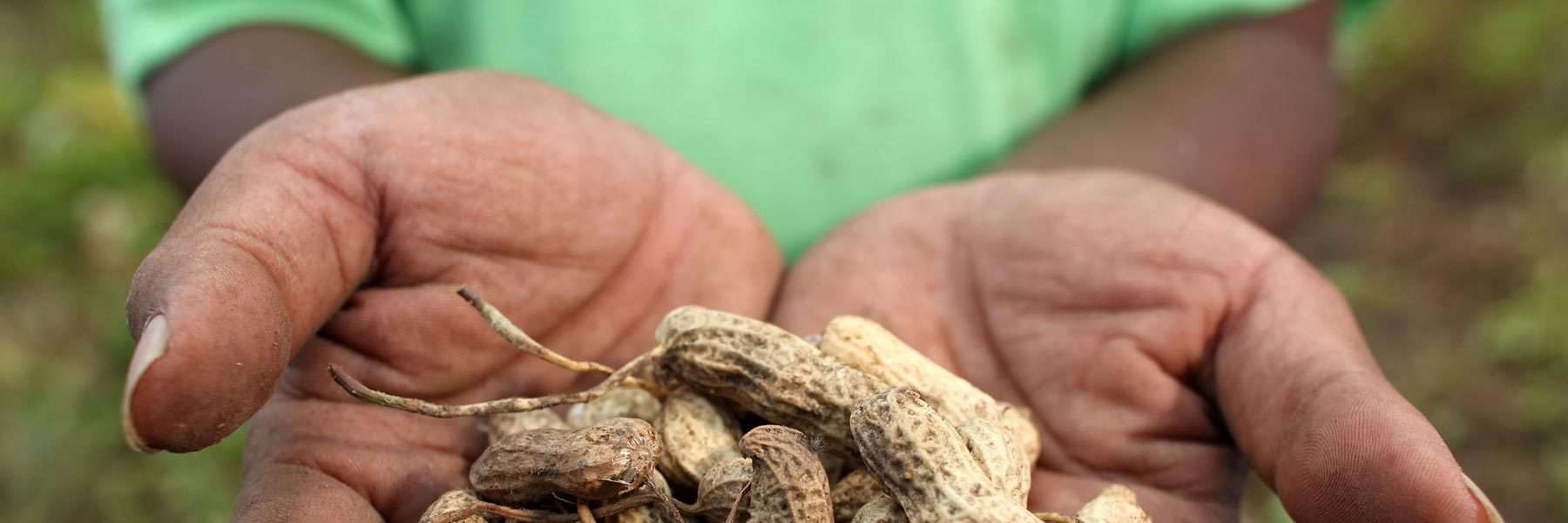To Fight the Climate Crisis We Need More Young People On The Land
While it is becoming increasingly precarious to pursue farming as a career, it is also becoming increasingly compelling to do so.
For many young people, farming offers a unique and bold path forward in the face of the MANY converging and compounding crises that threaten our future.
As we explored in “Why I Farm: Reflections on my absurd career choice,” there is a new wave of young people who are returning to the land.
We farm to fight the climate crisis, to resist the corporate machine, to empower our communities, to heal our relationship with the land, and to be part of something bigger than ourselves.
This means we farm differently.
“89% of new and young farmers surveyed are using ecological practices”
– “New farmers and food policies in Canada” (Laforge et al. 2018)
As young farmers we are finding a way to do this work in alignment with our values; call it regenerative, organic, or agroecological, we are learning to farm in a way that is part of the solution.
Right now agriculture and associated land use changes are responsible for ¼ of GHG emissions globally.
In Canada, agriculture accounts for 12% of emissions, so “as our country works to cut its emissions by 30% or more by 2030 and to net zero by mid-century, agriculture, like other sectors, will have to make transformative changes.”
(Agri)business as usual is not an option.
It is clear that the demonstrated commitment to agroecological farming among young farmers is essential to fighting the climate crisis:
“Organic farming brings benefits in itself, but it confers the meta-benefit of adding diversity and human capacity to our agricultural landscape. Adding thousands of organic farmers to the Canadian countryside means adding thousands of knowledgeable women and men who are used to thinking carefully about the interface between farming and biology, expert in solving agronomic problems without purchased inputs, and open to experimenting with new techniques.
There is no better way to position Canadian agriculture to work through the coming climate and crop-production challenges than to multiply the number of organic farms, farmers, and acres.” –Tackling the Farm Crisis and the Climate Crisis, National Farmer’s Union 2019
In a time when we desperately need more farmers, not less, it becomes important to understand what might inspire this shift.
We connected with young farmers across BC to ask the question “why do you farm?” to make sense of this seemingly crazy career choice. Here are some of the answers we received:
“I farm because I’m a strong believer in adaptation. Everything comes down to the fact that we as people need to be adapting alongside everything else that’s happening. We need to change alongside our plants and our seeds and our foods. That and, reconnecting people to the land and place. That’s been a huge disconnect that farmers and people in general have had. There’s a lot of healing to be had in having that reconnection to the land.” – Tiffany Traverse, 4th Sister Farm
“The reason I farm is because I have an ancestral responsibility to. There has been a lot of skill and work that has been put into cultivating this relationship with plants by my ancestors and in order to honour them, I have to maintain that relationship. I also farm for the future ancestors, for the children to have the same seeds and to have a connection to those plants. I farm because it’s a really necessary skill, particularly in the face of climate change where we can no longer depend on imported food” – Alisha, Legacy Growers Collective
“I farm because it feels like I am the best version of myself when I’m farming. I feel grounded, I feel like I am doing something that is purposeful, that I am providing local food security and taking care of the land. And that I’m tackling these bigger issues like climate change, like food injustice, in a very tangible way.” – Noa Levart, young farmer
“It’s the only thing that keeps me sane. It’s when I feel most like myself, with my hands in the dirt.” – Ashala Daniel, Solstedt Organics
“Farming is a beautiful form of applying knowledge and hard work at the same time. You can’t get around the humanity of it, there’s something very engrained in your body that feels at home when you’re working the soil and working the land. Combine that with the amount of fresh air and exercise you get at work, it’s a pretty satisfying lifestyle.” – Michael Abbott, Blue Grouse Winery
“I farm partly because of legacy. Our farm started with my great grandparents, but continues in Russia much longer down the line than that. I’m in small scale farming because of the animal welfare component and the environmental component.” – Young Fraser Valley Farmer
As these answers reveal, we have many motivations, and we wear many hats.
We are community members, land stewards, food providers, custodians of family and cultural traditions, political activists, entrepreneurs, knowledge keepers, trailblazers.
And, we are climate leaders.
Stay tuned for our upcoming blogs exploring how the climate crisis impacts us as young farmers, and a vision for the future.





